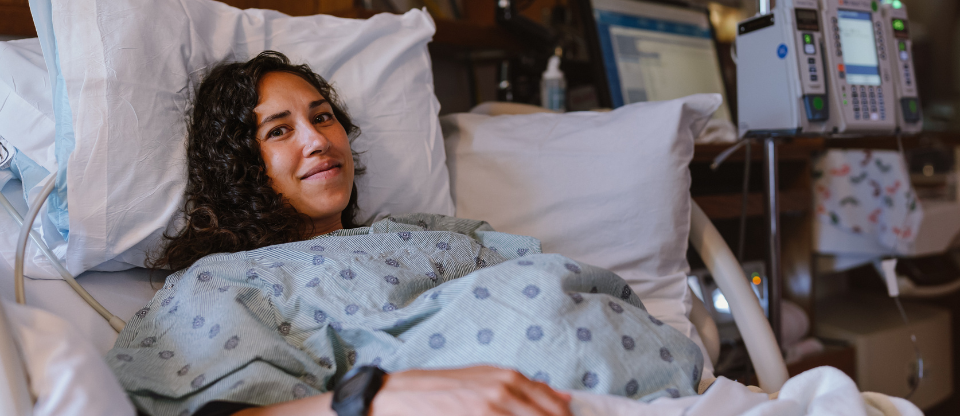Giving birth is no small feat and while it can be filled with joy and excitement of bringing new life into the world, that doesn’t diminish the feelings of nervousness and anxiety you may be feeling beforehand. So, as giving birth can be an intense process, this blog covers the first signs of labor so that you know what to expect.
First Signs Of Labor
Before going into labor, you may notice some changes to your body as it naturally starts to prepare you for birth. Usually the longest stage of labor, this stage is also known as the latent phase. Happening in no particular order, these are the first signs of labor to look out for:
Extreme Nesting
Nesting, in pregnancy, refers to the natural instinct many expecting mothers experience, with the main driver being to create a safe, calming and welcoming environment for your baby.
While nesting has been found to occur at any point during pregnancy, it has been noted that extreme nesting typically happens in the final trimester and can be a sign that labor isn’t far off. Typically, extreme nesting comes about a few days before delivery, when you might feel a burst of energy and the need to clean and organize.

Weight Loss
It’s also common to notice some weight loss a few days before going into labor. Also known as leveling off, some expecting mothers can lose between 1 to 3 pounds of water weight as they produce less amniotic fluid. Also contributing to water weight loss is increased urination as your baby moves into a lower position in preparation for labor, placing more pressure on your bladder.
Losing Your Mucus Plug
In the early stages of pregnancy, your body develops a collection of mucus that forms in the cervical canal to protect your baby from bacteria or infection.
As your body starts to prepare for labor, this mucus plug loosens before dropping out. It can be seen after using the bathroom, on underwear or while wiping, and varies in color from clear to pink.
Lower Back Pain
Although back pain throughout pregnancy is extremely common and to be expected, lower back pain as a first sign of labor is typically more uncomfortable. Research has found that pre-labor back pain is a result of the position of the baby, where they press against the lower spine and tailbone in preparation for delivery.
More Relaxed Pelvis and Lower Back
As the end of pregnancy nears, the body will start to release relaxin - a reproductive hormone that loosens and relaxes muscles, joints and ligaments before pregnancy. The release of this hormone helps your body better prepare as it loosens the muscles and ligaments in your pelvis specifically.

Diarrhea
Linked to the loosening of muscles, joints and ligaments mentioned above, diarrhea is a common side effect of the production of relaxin. This happens because the muscles surrounding the rectum relax alongside the pelvis and lower back.
Water Breaking
When your water breaks, it refers to the rupturing of the amniotic sac - a thin-walled sac surrounding your baby throughout pregnancy, protecting them from injury. This rupture can happen either naturally or by the doctor. In cases of your water breaking naturally, it is typically caused by an increased pressure on the amniotic sac by your baby. While some may experience a sudden gush of water, others may experience a feeling of wetness.

Contractions
While Braxton Hicks contractions can be felt well in advance of labor, real contractions can be experienced a few days before giving birth and may come every five minutes.
What Is The Difference Between Braxton Hicks And Real Contractions?
Braxton Hicks contractions are known for their irregularity and unpredictable nature, with pain and intensity maintaining a standard level of pain that can be eased through a change in position. However, real contractions are much more regular, intense and can last between 30-70 seconds every 5-10 minutes.


